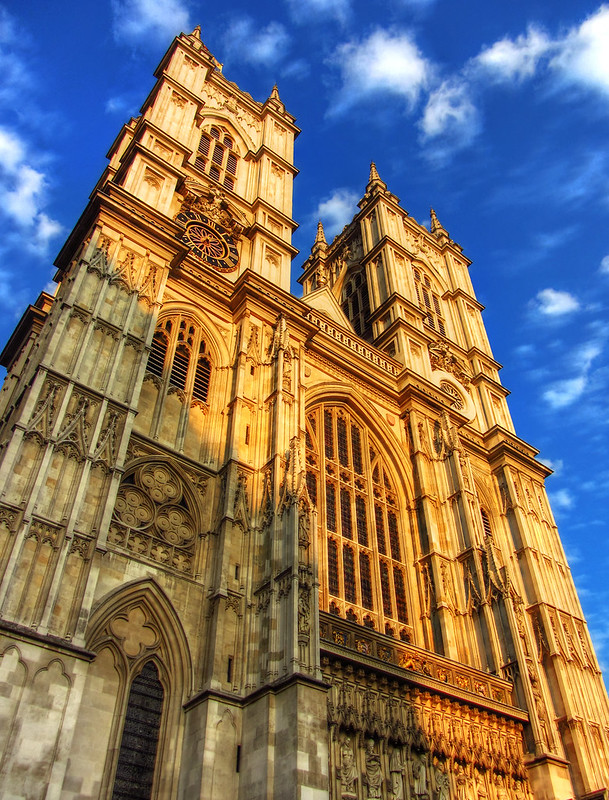For the first time in its history, the Church of England will allow same-sex couples to be blessed by a priest, following a vote by the General Assembly. All three of the Synod’s ‘houses’ voted in support of the proposals and the first blessings are expected in the summer. This move is accompanied by a recognition that previously, they had failed same-sex couples through lack of acceptance.
This development marks a step forward for the LGBTQ+ community within the Church of England, but it is not without its drawbacks.
Crucially, this change does not affect the restriction on marriage for same-sex couples. Couples will be able to receive a blessing and prayers of dedication in Anglican Churches after a legal ceremony, but will not be allowed to be married in the Church itself.
Furthermore, priests retain the right to deny requests for these blessings if they choose. The Archbishop of Canterbury, Justin Welby, stated that he will not issue blessings personally because of his “pastoral responsibility for the whole communion”.
There continues to be stark division within the Church over the issue of same-sex marriage, with some within the Church condemning the success of the vote. Others voiced their concerns that those who disagree with the proposals will claim the vote has gone too far, whilst those in support will continue to push for further reform.
The Church of England is known for being one of the more progressive Christian denominations, for example, in permitting the ordination of female deacons in 1985, priests in 1992, and bishops in 2014.
However, it begs the question – is this truly a sign of advancement or does it highlight how far behind the times the Church is?
In a secular society, the 2010 Equality Act protects people from discrimination on the basis of their sexual orientation, so how can the Church of England continue to justify inequality in their practices? The enforcement of biblical principles of marriage, by an institution with a level of influence over public opinion, no longer seems fitting in a society that was revealed in 2021 to be, for the first time ever, less than 50 per cent Christian.
Speaking to students at the University of Edinburgh, most agree that this is a positive move from the Church of England but an issue that does not come with its fair share of complications.
One student, Phoebe, who is a practicing Christian, told The Student that even though this is an improvement, the Church has a responsibility to ensure that LGBTQ+ people do not suffer further harm, and that more must be done to apologize for the historic actions of the institution. Another student, Alex, who is agnostic, claims that this highlights how far behind the rest of society the Church is, arguing that it seems like more of a token gesture that can be refused in practice.
Support for the LGBTQ+ community is on the rise in the UK, and this change marks an important improvement on the rights for same-sex, Christian couples in the Church of England. However, with religion playing a decreasing role in the lives of young people across the UK, a development that does not mark an absolute change in line with modern values is unlikely to turn young people towards the Church if they were not already religious.
Even though there is a long way to go, same-sex couples being able to be blessed in Churches is a crucial step in the right direction and will hopefully lead to greater acceptance of the LGBTQ+ community in Christian settings.
Image “Westminster Abbey” by OwenXu is licensed under CC BY 2.0.

